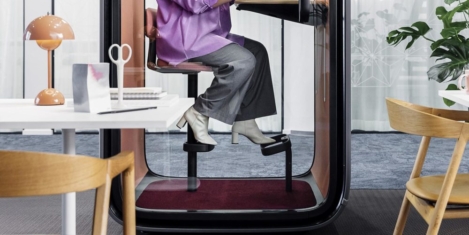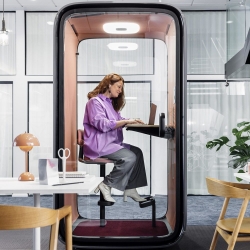August 31, 2022
Half of employers support extension of statutory paternity rights
 New data from the CIPD suggests that almost half of organisations support extending statutory paternity/partner leave and pay, with 29 percent of those backing an extension to either six weeks or more. In response, the CIPD is urging the Government to increase statutory paternity/partner leave to six weeks, either at or near the full rate of pay, to help families balance caring responsibilities and provide more financial support for working parents. Currently, under statutory paternity leave, employees can choose to take either one or two consecutive weeks’ leave if they have been employed for at least 26 weeks. Statutory paternity pay for eligible employees is currently either £156.66 a week or 90 percent of their average weekly earnings, whichever is lower. (more…)
New data from the CIPD suggests that almost half of organisations support extending statutory paternity/partner leave and pay, with 29 percent of those backing an extension to either six weeks or more. In response, the CIPD is urging the Government to increase statutory paternity/partner leave to six weeks, either at or near the full rate of pay, to help families balance caring responsibilities and provide more financial support for working parents. Currently, under statutory paternity leave, employees can choose to take either one or two consecutive weeks’ leave if they have been employed for at least 26 weeks. Statutory paternity pay for eligible employees is currently either £156.66 a week or 90 percent of their average weekly earnings, whichever is lower. (more…)

































September 7, 2022
Understanding employee wellbeing in the fight for talent
by Simon Daly • Comment, Wellbeing